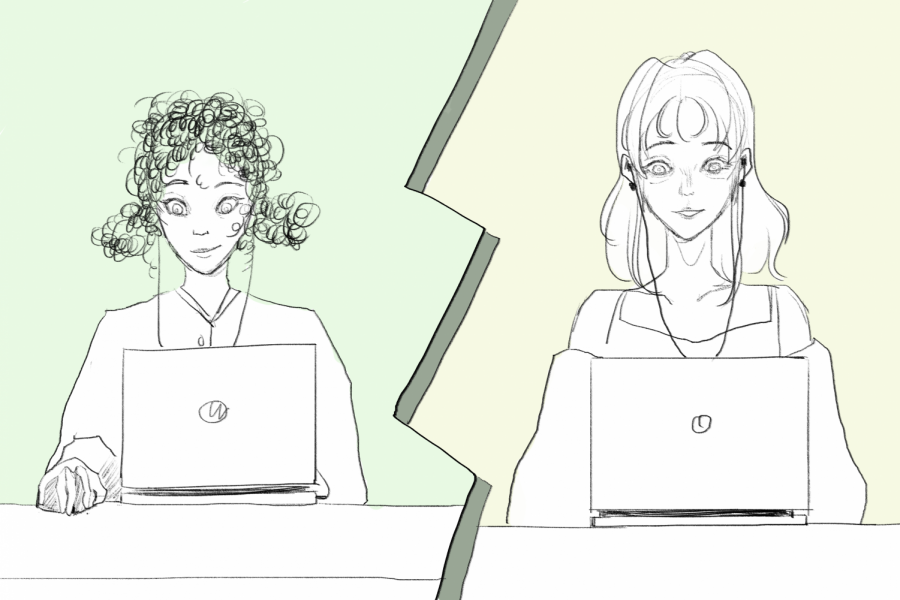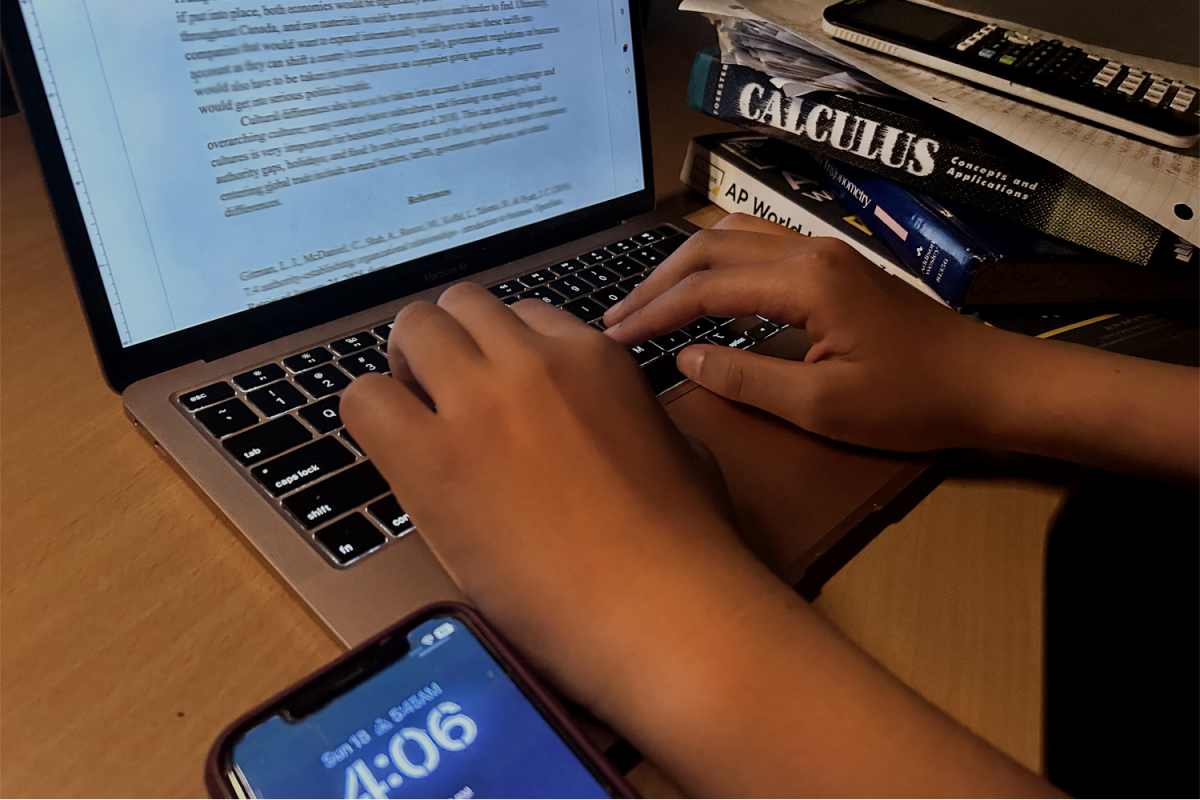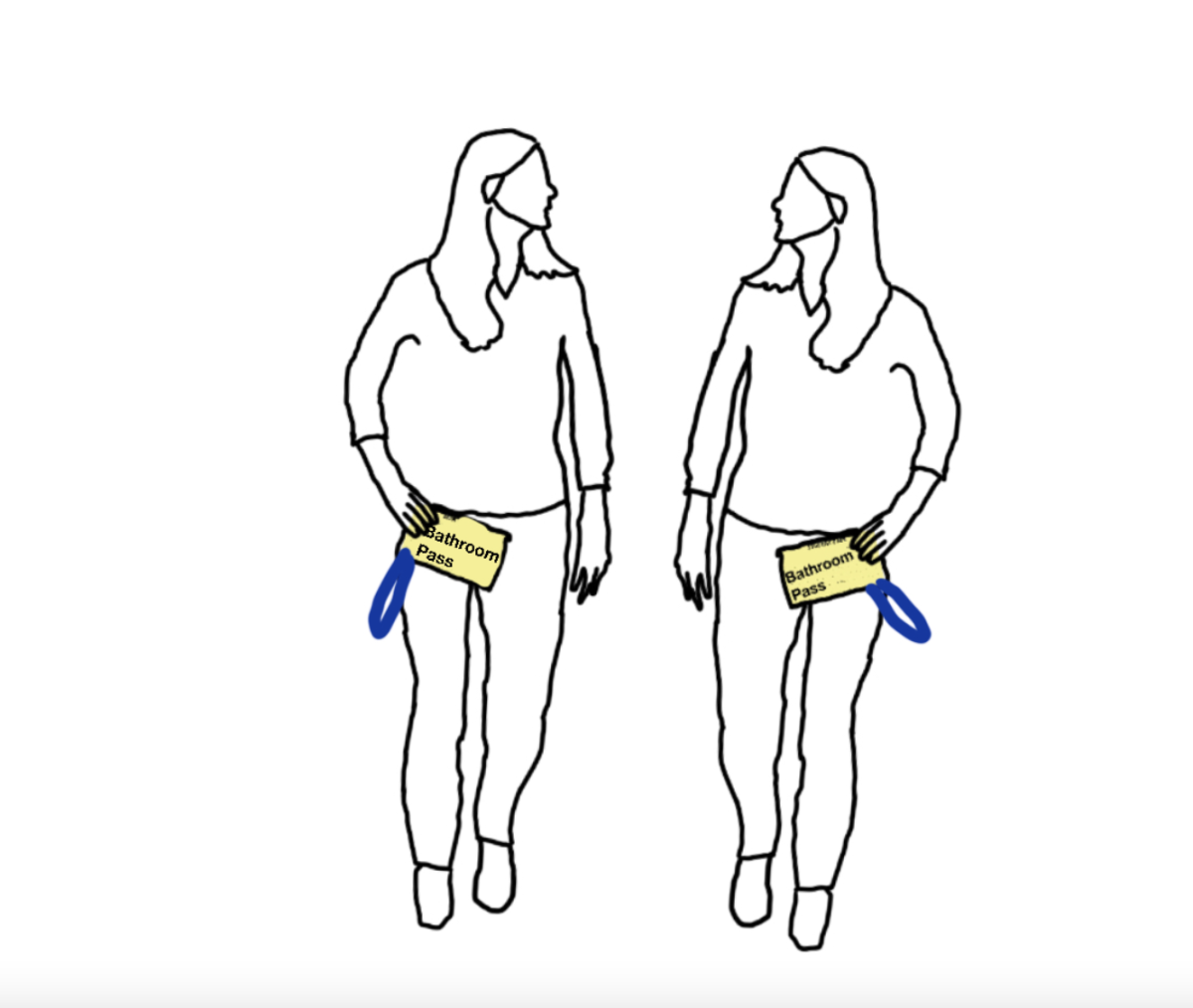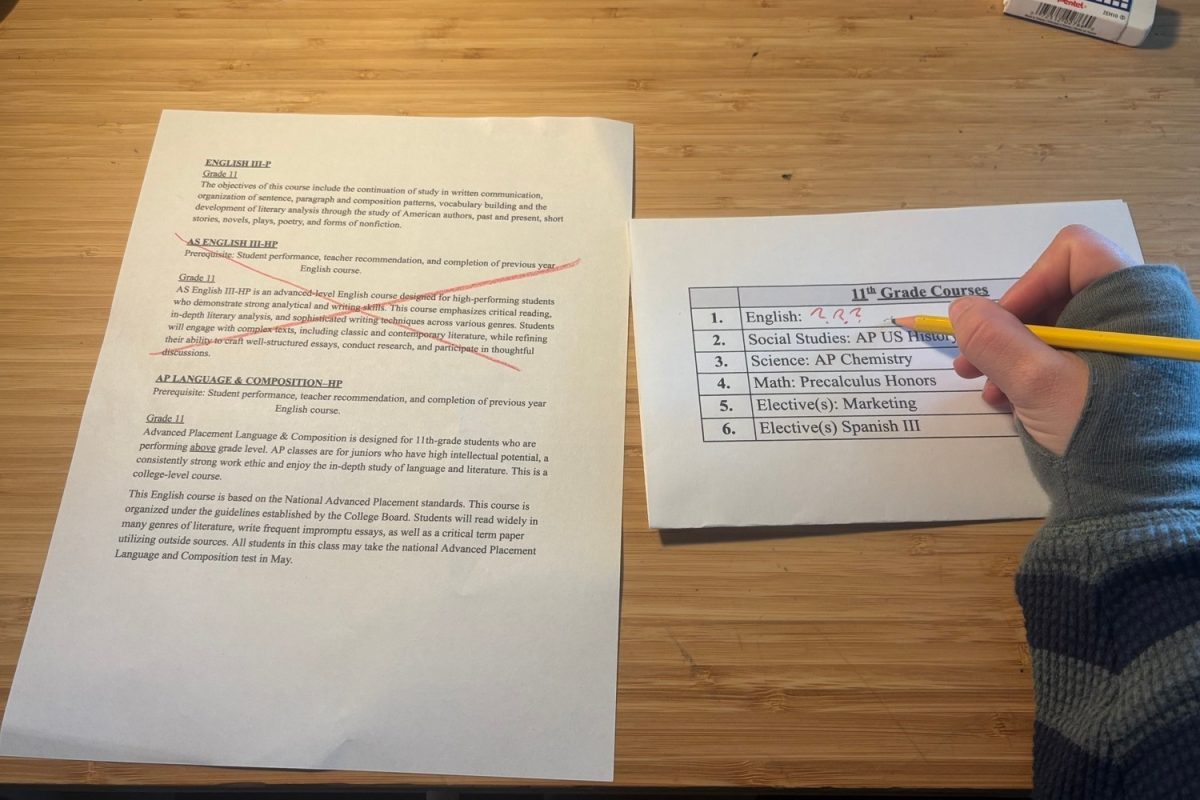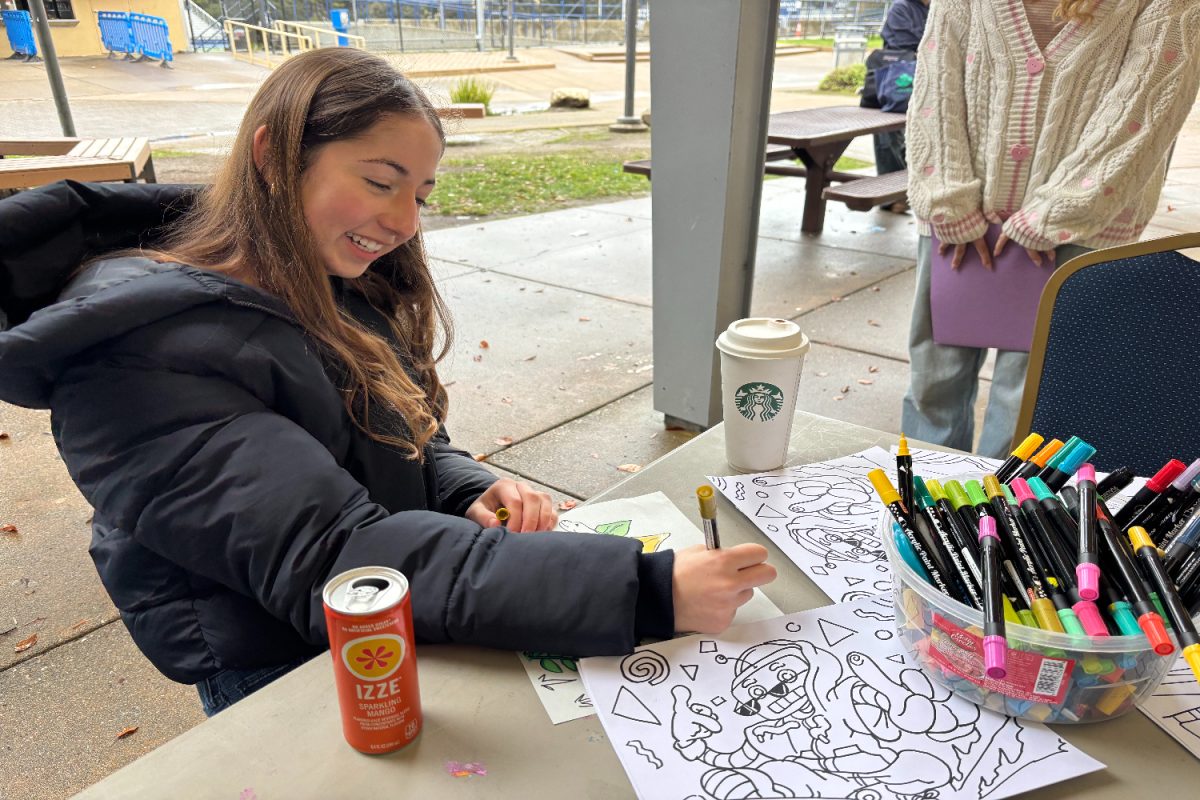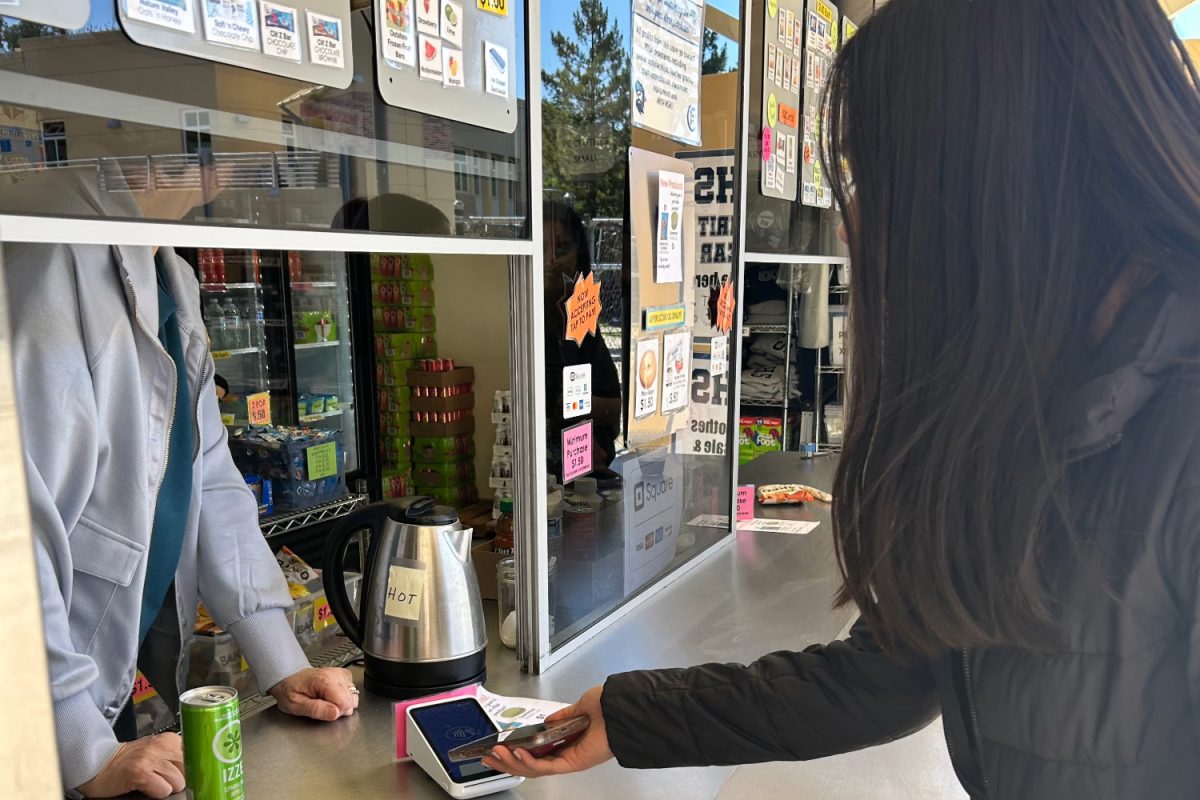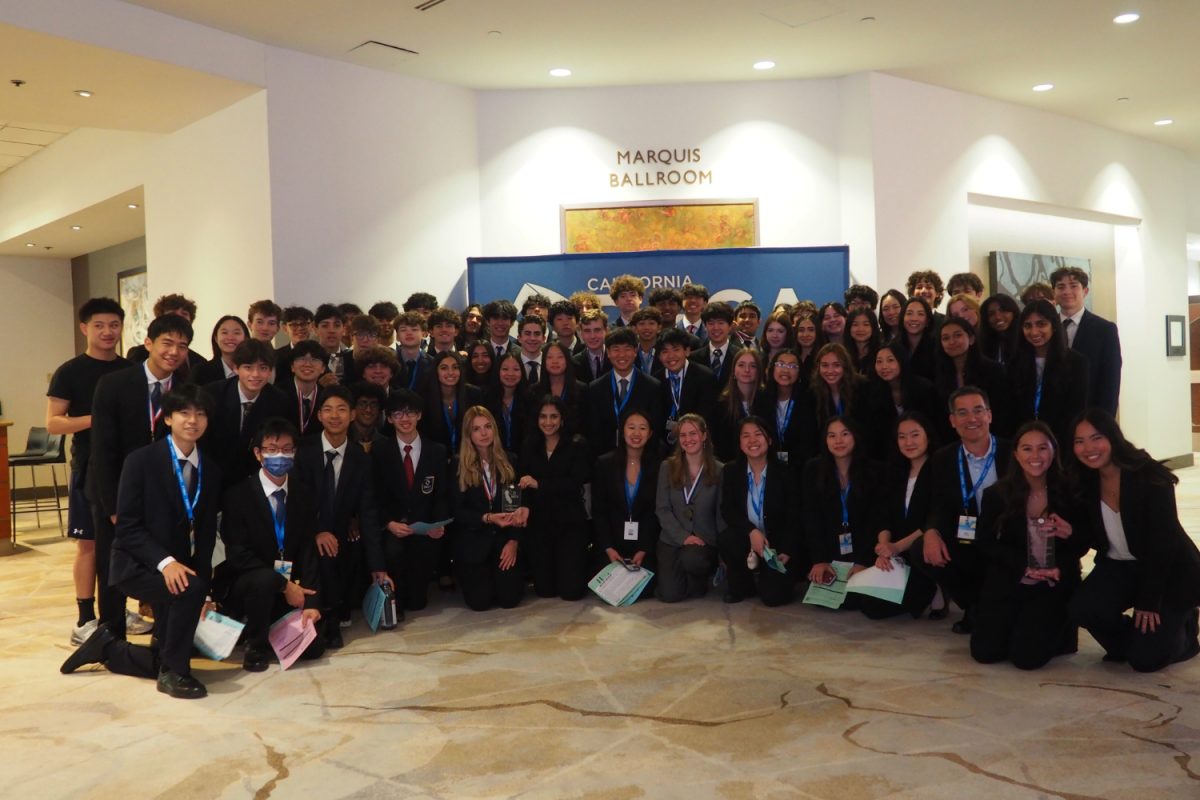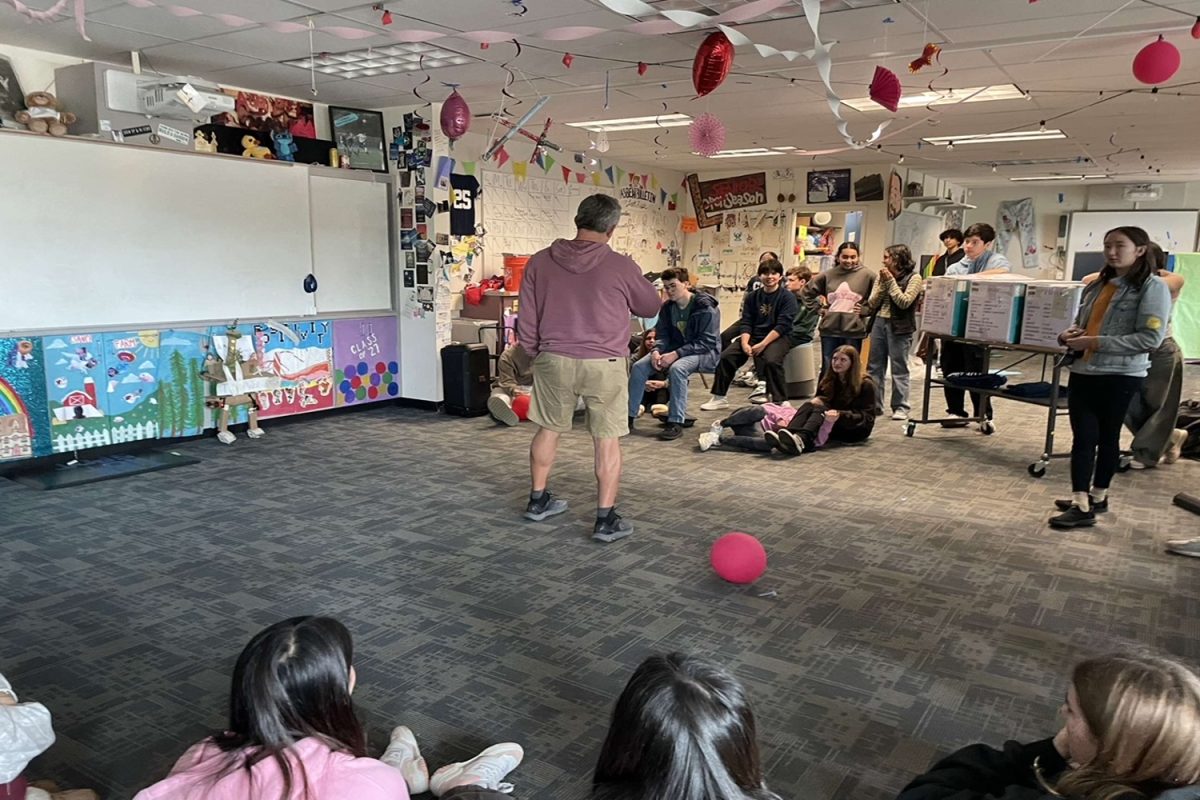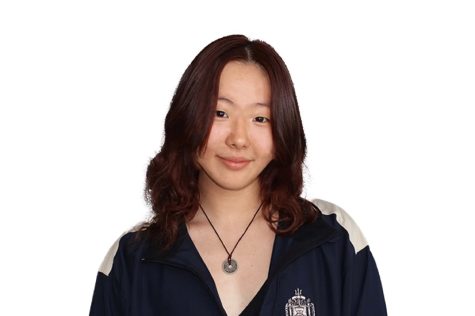Trained to support and serve all students in academic, personal, and social counseling, the Carlmont counseling team is the backbone of student mental health support, especially amidst the COVID-19 pandemic.
Distance learning forced Carlmont counselors to make changes to support students. Counselors connect with students using sites like Naviance, Canvas, Infinite Campus, and meet with students via Zoom and phone calls.
According to Connie Dominguez, a counselor, students are more anxious than ever before, and counseling aid is crucial to controlling elevated stress. Social connection and academic motivation, in particular, have become hefty obstacles for students this school year.
“Distance learning has resulted in more students with anxiety and depression, exhibiting feelings of loneliness, lack of motivation, apathy, irritability, and isolation as well as increased social media usage and cyberbullying. They miss their friends,” said Shelley Bustamante, Calmont’s mental health coordinator.
In addition to one-on-one sessions, Bustamante hosts a weekly social group over zoom that allows students to reach out and interact with their peers. Bustamante encourages attendees to share what’s on their minds and reaches out to any student in need of a support system.
Anthony Yip, a junior who attends Bustamante’s social groups, believes there’s nothing to lose from counseling.
“My favorite aspect of the counseling process is just knowing that I am improving in all kinds of ways every time I go, even in ways that I’m not aware of,” Yip said, “As long as you are open to the change the process brings and open up a little, there’s no telling how much you will grow.”
However, online counseling has brought inconveniences for both counselors and students alike.
“It is not always as personal as counseling in our office. It is harder to read facial cues, for instance, or sometimes students do not have their camera turned on or can not due to connectivity issues,” said Tammy De Paoli, Carlmont’s head counselor.
Yip agrees with the notion that counseling through a screen is incomparable to face to face interaction.
“I feel like in-person socialization is extremely valuable not only for therapy, but in general because online [counseling] takes away most of the emotion and the feeling of connection between people,” Yip said.
The counseling team at Carlmont has worked to pick themselves up and resume assisting students. Counselors have adapted by rethinking how to operate under social distancing circumstances and continue to strive to improve their arrangements.
“This year was tough for everyone, but in comparison to other schools, I think Carlmont is doing a great job considering how quickly we had to put something into place,” Dominguez said.
Counseling support services are a resource available to all Carlmont students; each student has an assigned counselor who is just an email away.
Aside from counseling aid, Bustamante emphasizes other essential habits students can individually implement to help alleviate built-up stress and anxiety.
“Counseling is often necessary, but so is getting outside in nature, finding reasons to laugh, drinking plenty of water, exercising, being creative, and keeping a gratitude journal,” Bustamante said.

